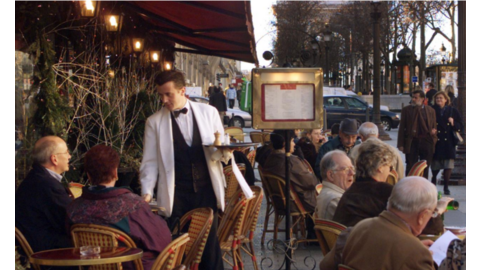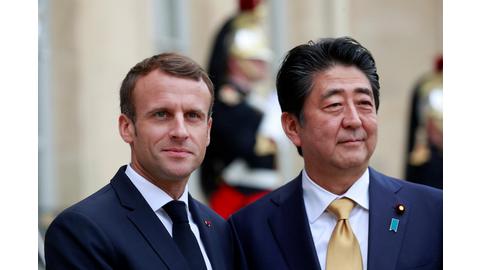Attractiveness: France is making a leap forward.

30% more foreign investment in 2016. Good news, even if this leap also catches up in difficult years. Competitiveness remains the solid value of France. Interview with Marc Lhermitte, partner EY, and author of the barometer of the attractiveness of France
Moving from 598 foreign direct investment in France in 2015 to 779 in 2016 is a strong sign of recovery?
Yes, since this level has never been achieved for more than 10 years. But with a few nuances. France is driven by a very favorable European context with a 15% growth in foreign investments. Europe has welcomed close to 6,000 projects and is doing well with emerging countries that are experiencing smaller growth. Now, the 30% jump in foreign investment in France also catches up with years of fall. This good result makes it possible to close the gap with Germany (1,063 projects in 2016) and the United Kingdom (1,144 projects).
Catch-up or lasting effect then?
Both. Foreign investors are starting to look back at France through two good indicators: recognition of a definite advantage in innovation. France has attracted 51 research and development center projects. Position almost equal with Germany and the United Kingdom. The French Tech effect is also undeniable and irrigates the whole country, not just the capital, as can be seen in Nantes especially with Talend. The logistics ecosystem, industry and e-commerce also works in depth.
Competitiveness has also become attractive then?
No. Despite all the unit cost charged for the hour of work remains high. 25€ per hour in Germany and Great Britain, for 35€ on average in France. And to say that quality France is paid with a certain cost is not admissible. Taxation, simplification, law and cost of labor must be put on the workbench to finish off the deficit of attractiveness.
But still no headquarters, is it serious?
It is true that France ranks fifth in Europe. The country hosts only 16 foreign headquarters in 2016, seven times less than the United Kingdom. But it is not France that loses, its is that London wins. Despite the Brexit, London remains the international marketplace. With head office taxation, they still prefer London to set up business. Faced with the Brexit, the idea of decision-making centers in London is: What can I do to succeed in not moving too much.
How do big cities behave?
The Grand Paris presents a fundamental asset and attracts in its wake the other French metropolises. Of the 51 headquarters established in 2016 in France, 17 are headquartered in major cities. 72 functions on the 367 tertiary and commercial functions, are also in the same situation.
Source (IN FRENCH): http://www.ouest-france.fr/economie/entreprises/export/attractivite-la-france-fait-un-bond-en-avant-conforter-5010580


